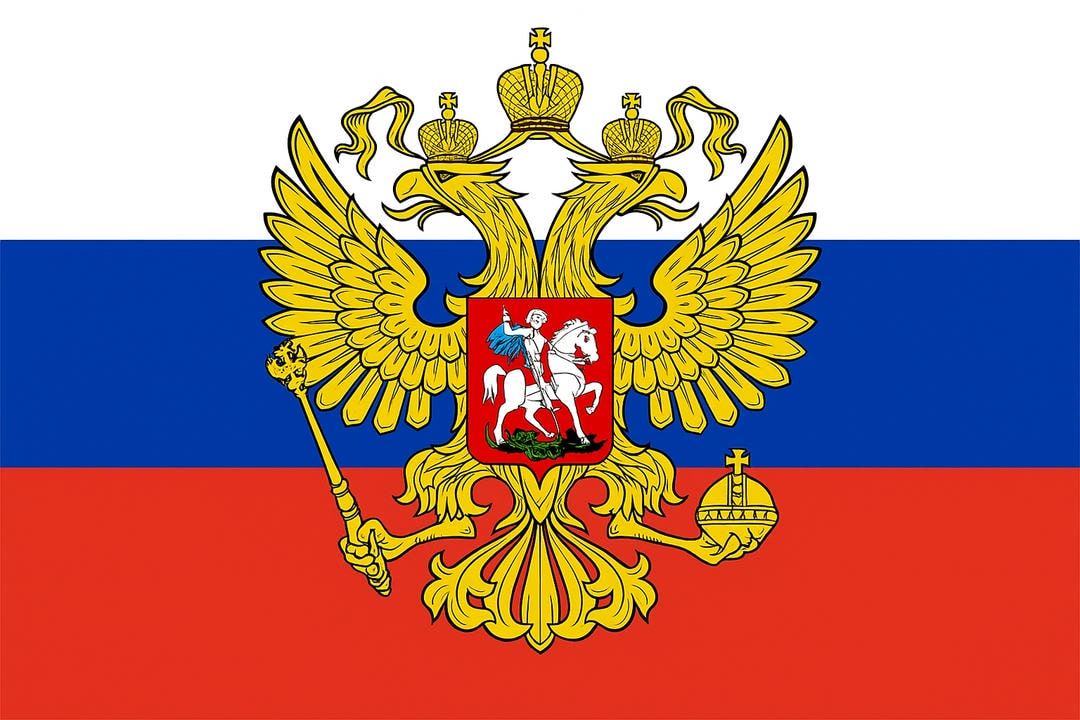Word Meanings and Phonetics
| Russian Word | English | Phonetic |
|---|---|---|
| нож | knife | nozh |
| шкаф | wardrobe | shkaf |
| мыло | soap | mylo |
| стул | chair | stul |
| диван | sofa | divan |
| лампа | lamp | lampa |
| книга | book | kniga |
| ведро | bucket | vedro |
| ложка | spoon | lozhka |
| ножницы | scissors | nozhnitsy |
| тарелка | plate | tarelka |
| чашка | cup | chashka |
| плита | stove | plita |
| утюг | iron | utyug |
| пылесос | vacuum cleaner | pylisos |
| кровать | bed | krovat |
| зеркало | mirror | zerkalo |
| кастрюля | pan | kastryulya |
| полотенце | towel | polotentse |

Fascinating Origins of Everyday Household Items Russian Words
The Russian language is rich with words that have interesting etymologies and cultural significance. Let’s explore the origins and curious facts about some common household items in Russian.
“Диван” (divan) – This word for “sofa” actually comes from Persian via Turkish. It originally referred to a low bench or platform in Middle Eastern council chambers. The word spread throughout Europe, giving us the English “divan” as well.
“Книга” (kniga) – Meaning “book,” this word has ancient roots. It’s believed to come from the Old Slavonic “kъnięgy,” which may have been borrowed from an Asian language, possibly ancient Chinese “küen” (scroll).
“Ложка” (lozhka) – The Russian word for “spoon” is derived from the verb “лизать” (lizat’), meaning “to lick.” This connection highlights the original function of spoons as tools for licking food.
“Зеркало” (zerkalo) – The word for “mirror” comes from the verb “зьрѣти” (zreti), meaning “to see” or “to look.” This etymology perfectly captures the essence of a mirror’s purpose.
“Утюг” (utyug) – This word for “iron” (the household appliance) has Turkic origins. It comes from the Turkic “ütük,” which means “hot” or “burning,” aptly describing the function of an iron.
“Пылесос” (pylesos) – The Russian word for “vacuum cleaner” is a compound word literally meaning “dust-sucker.” It combines “пыль” (pyl’ – dust) and a form of the verb “сосать” (sosat’ – to suck).
These examples demonstrate how everyday Russian words can offer fascinating glimpses into cultural exchanges, linguistic evolution, and the practical thinking behind naming objects. From Persian influence to descriptive compounds, the Russian language continues to tell stories through its vocabulary.




